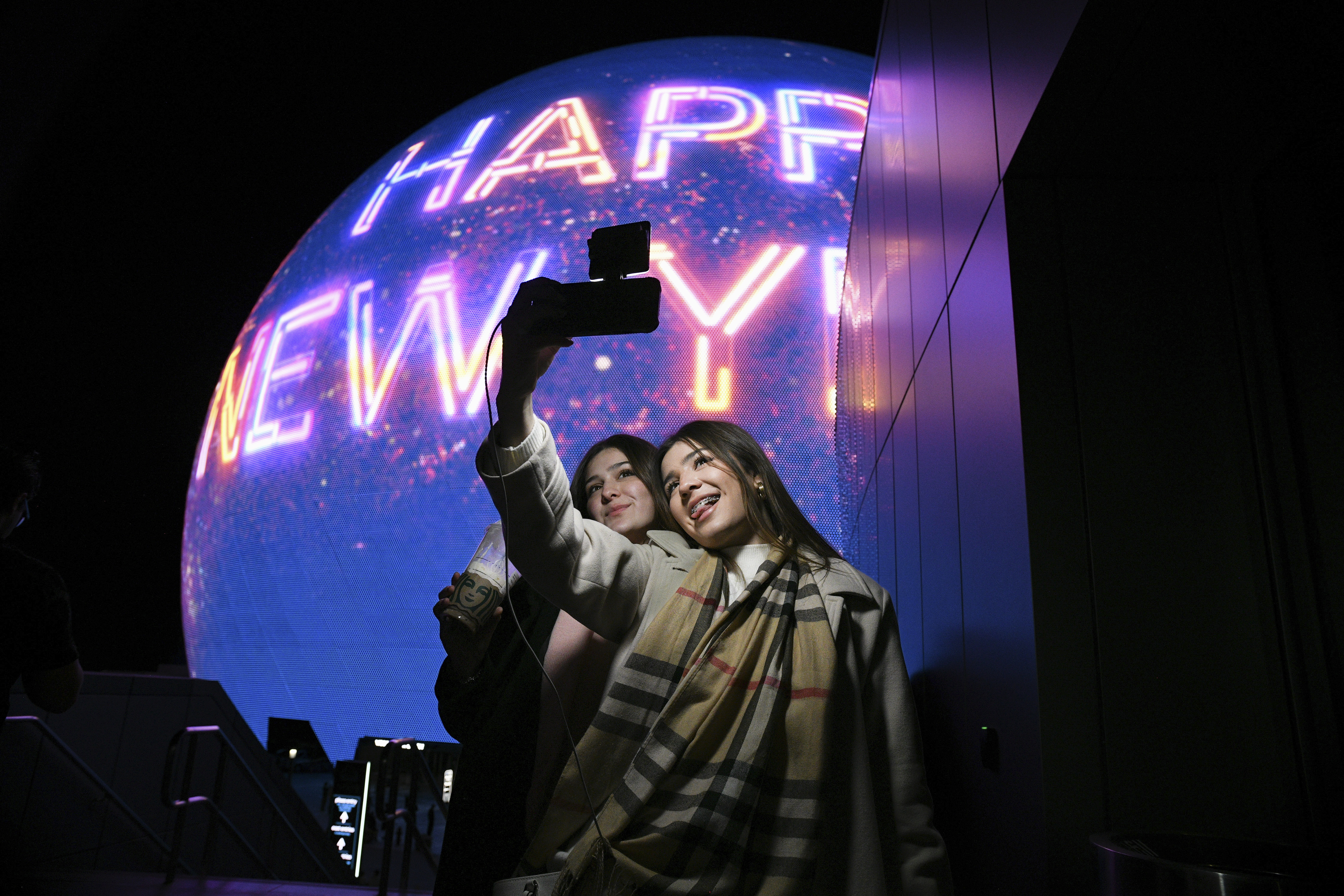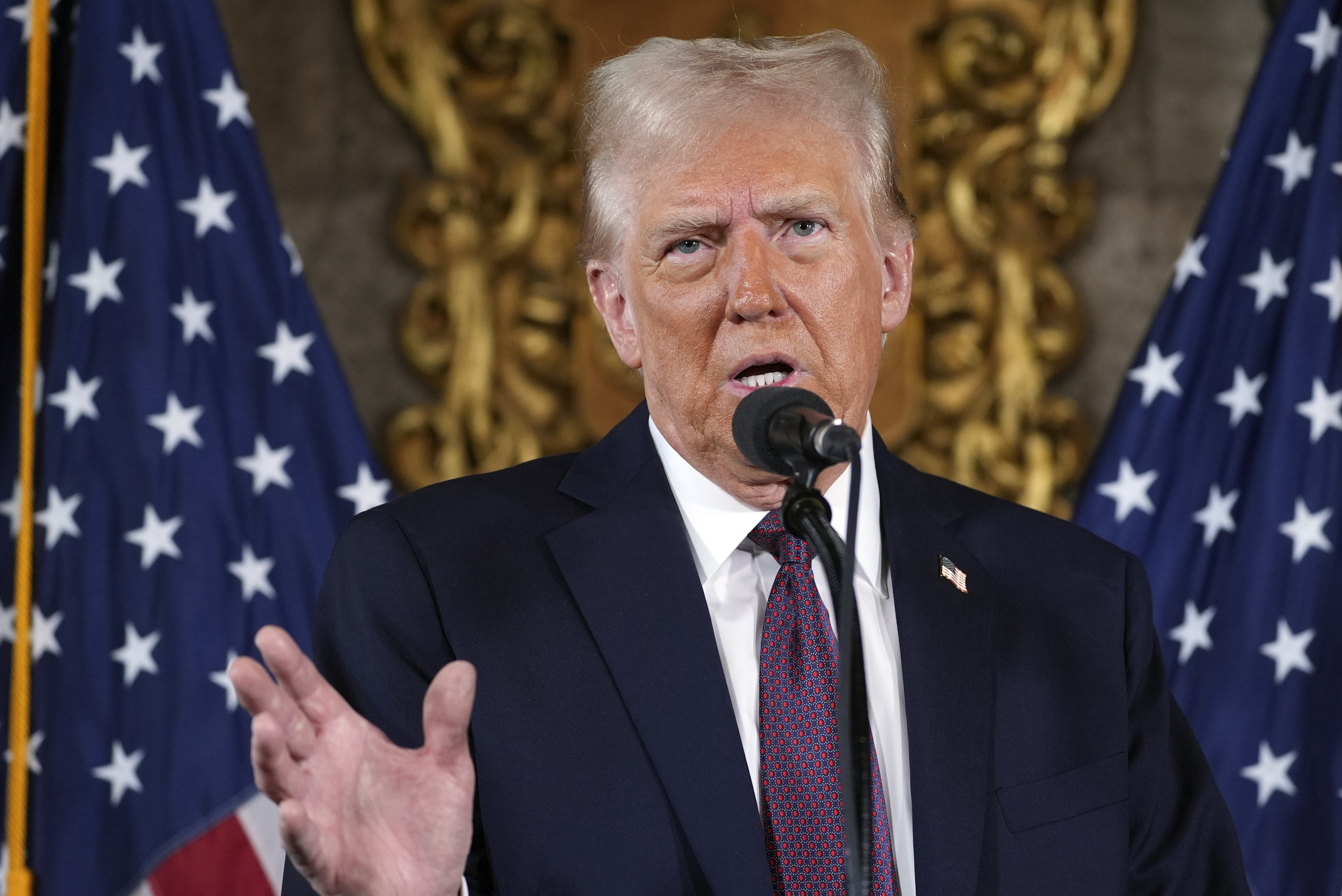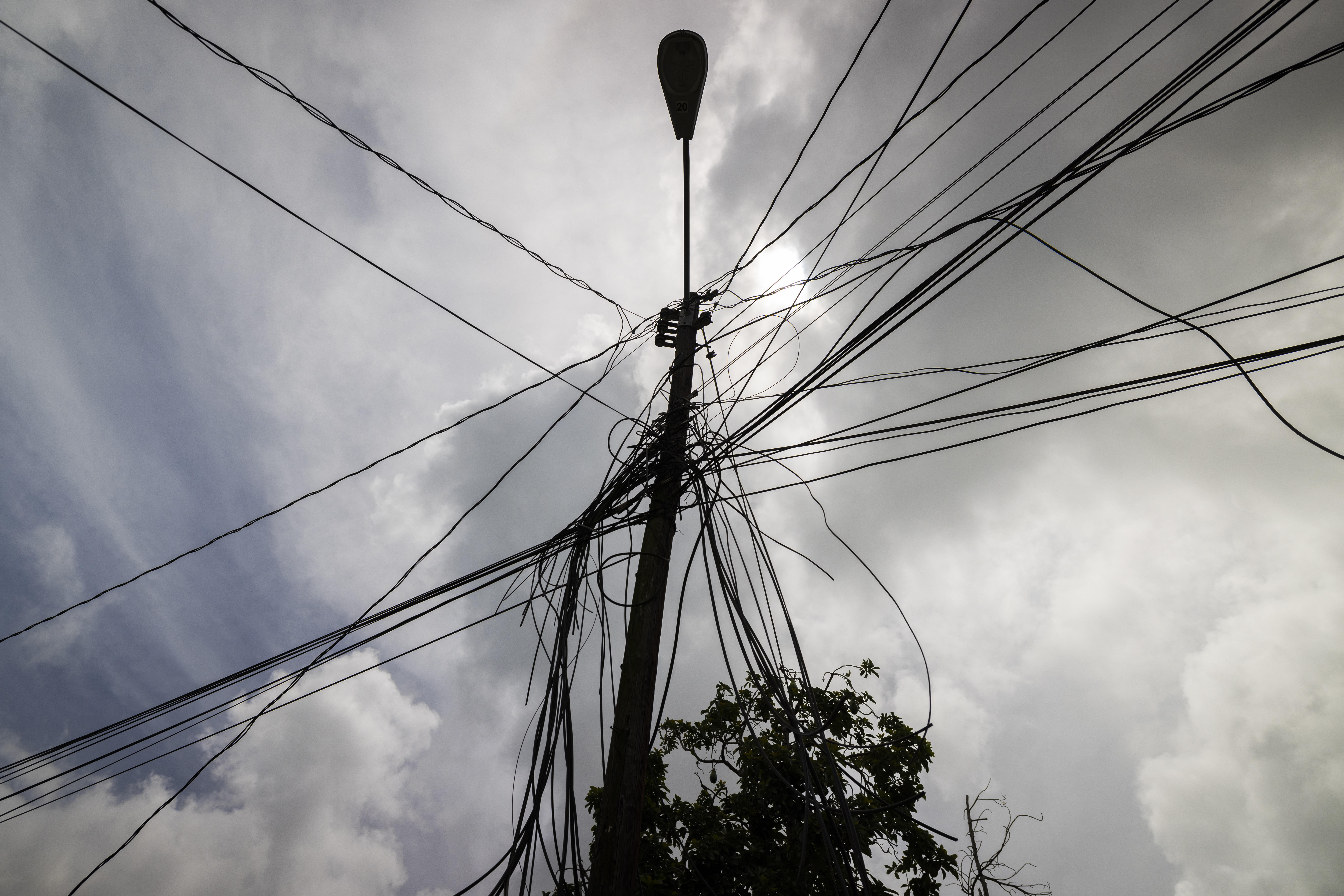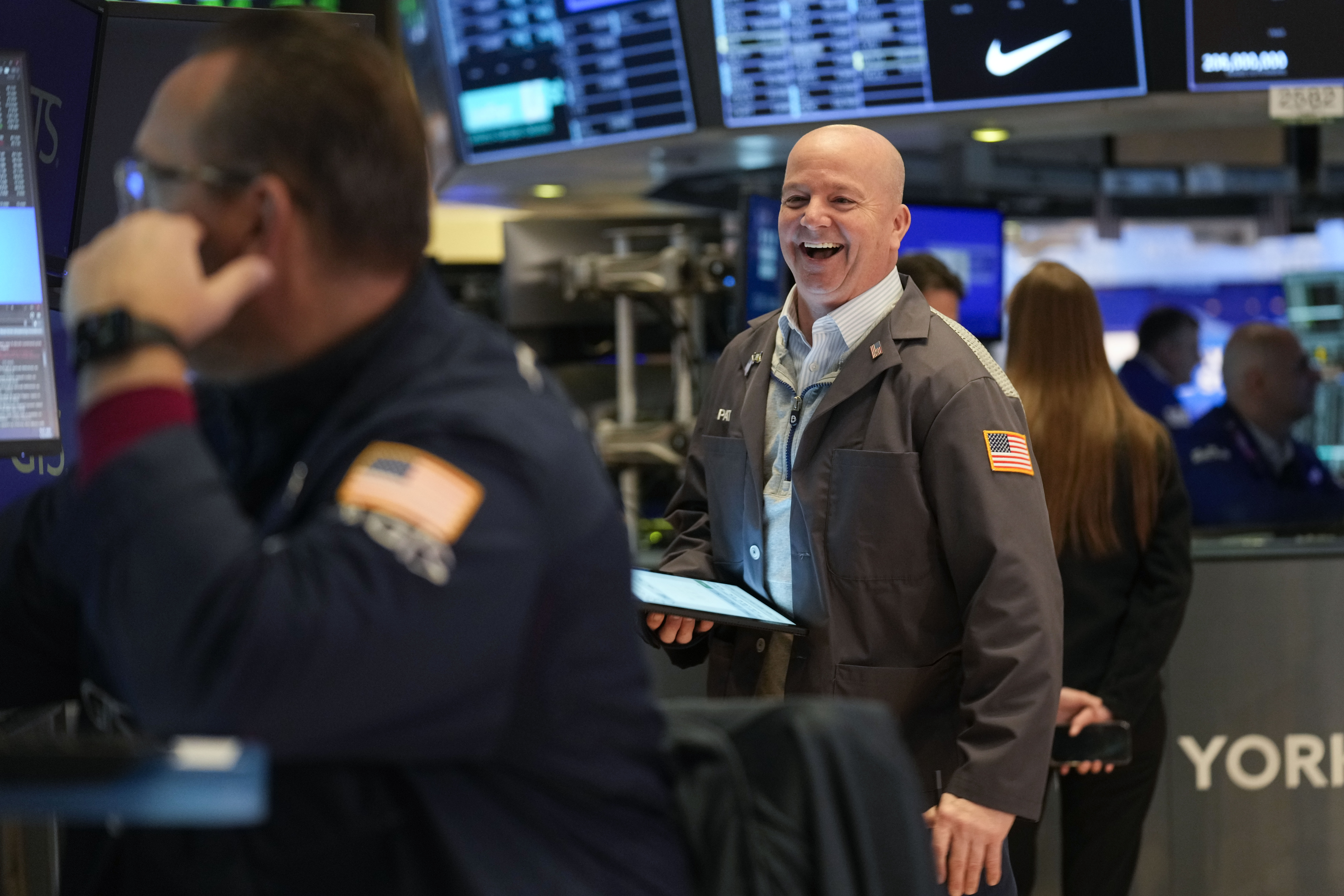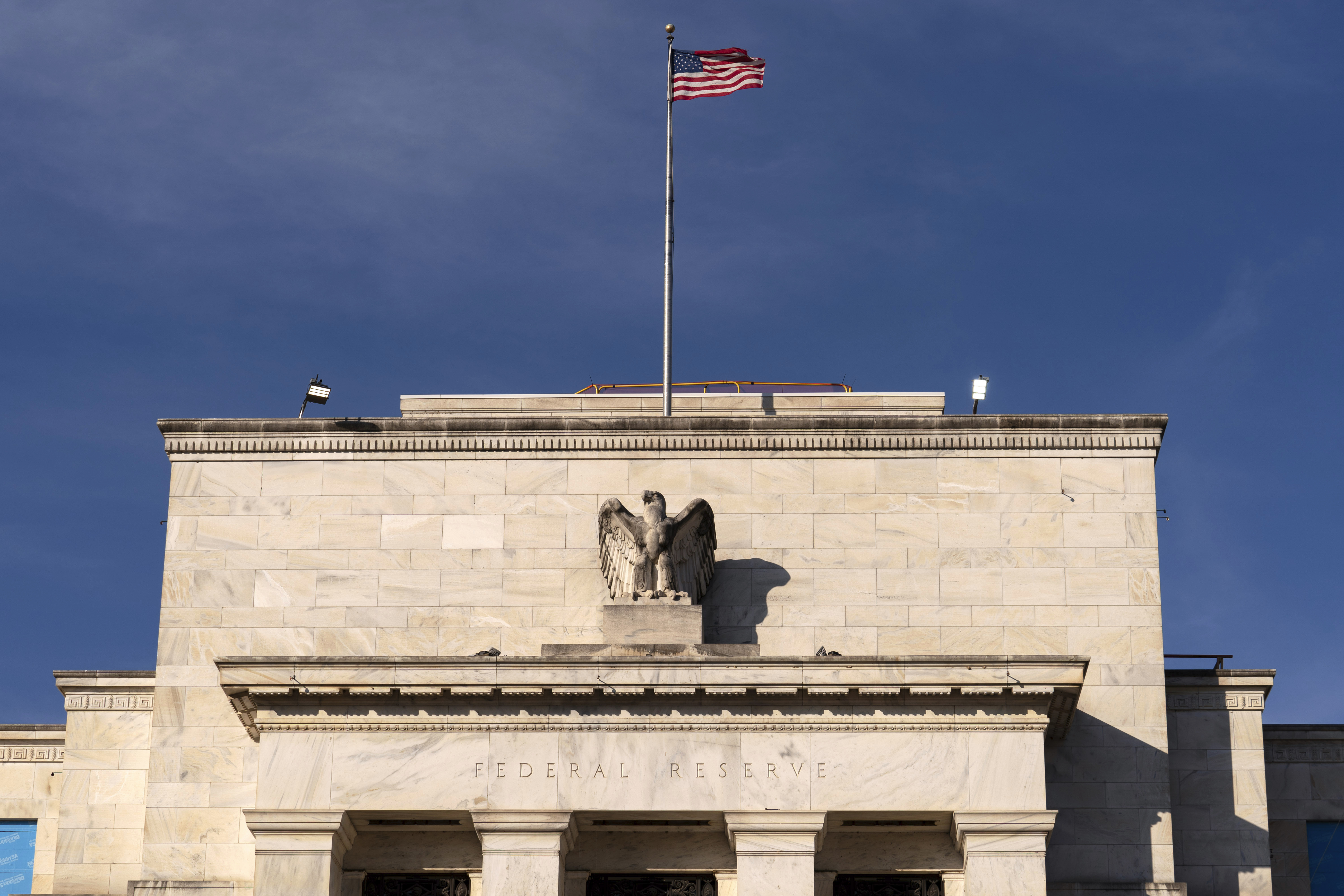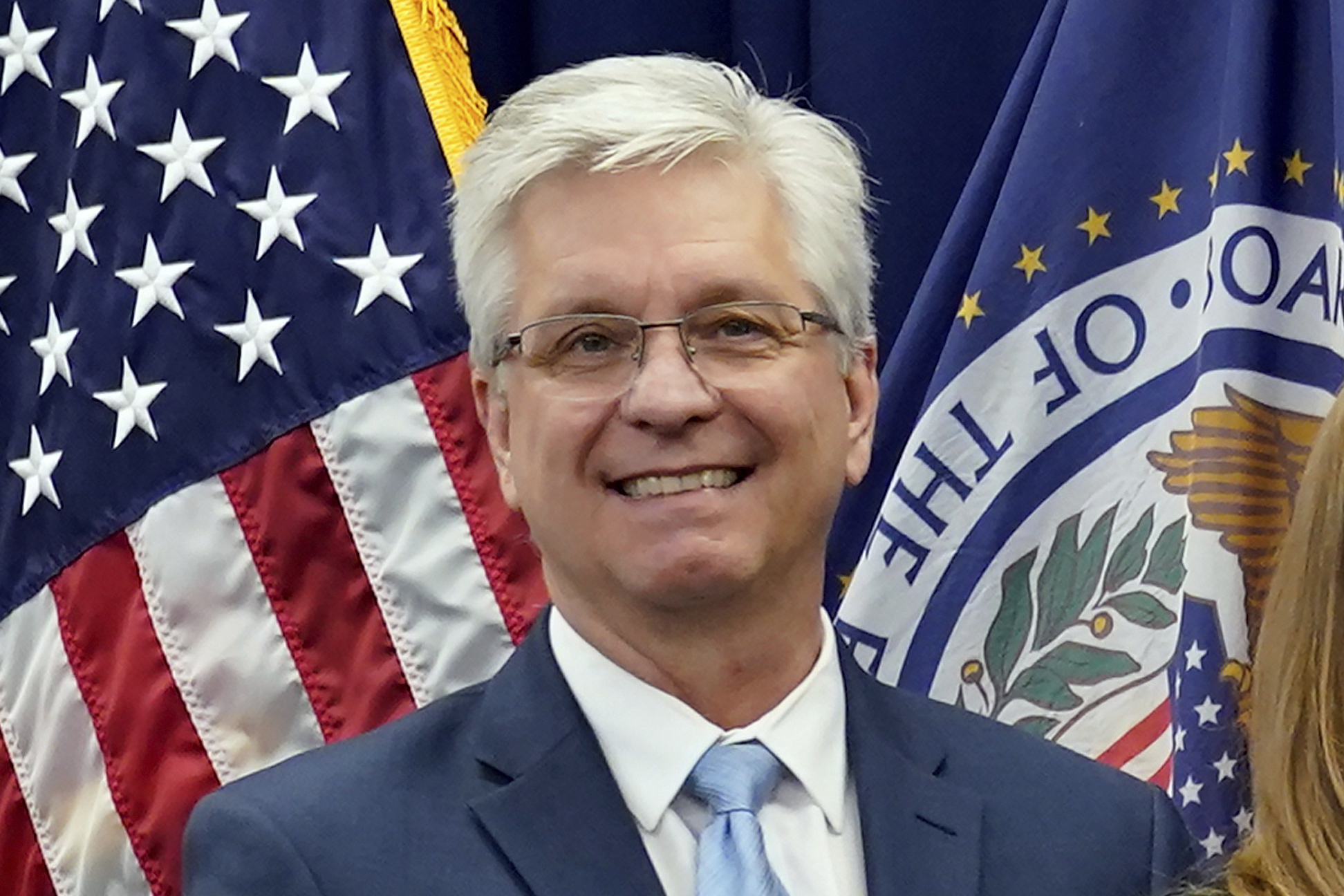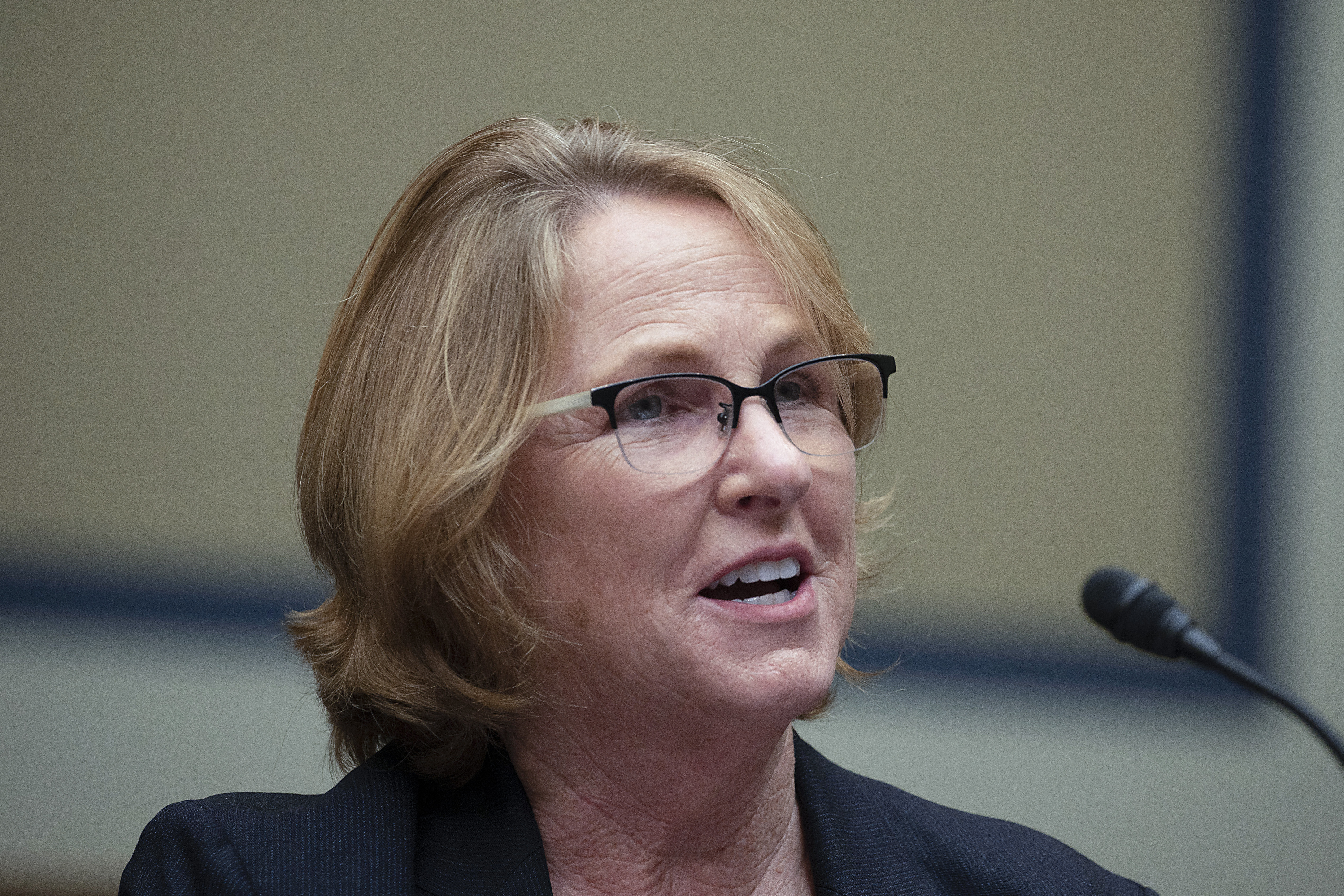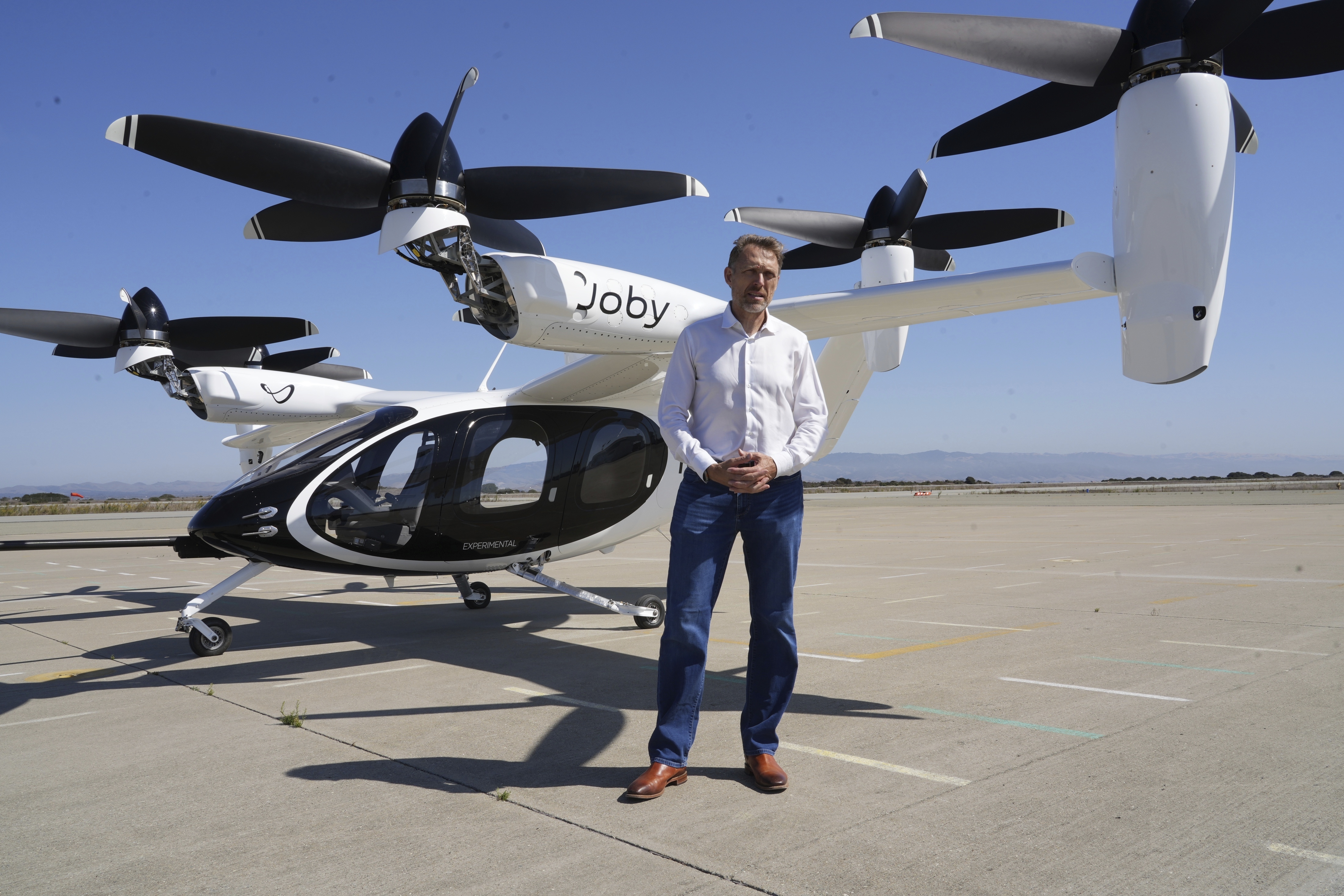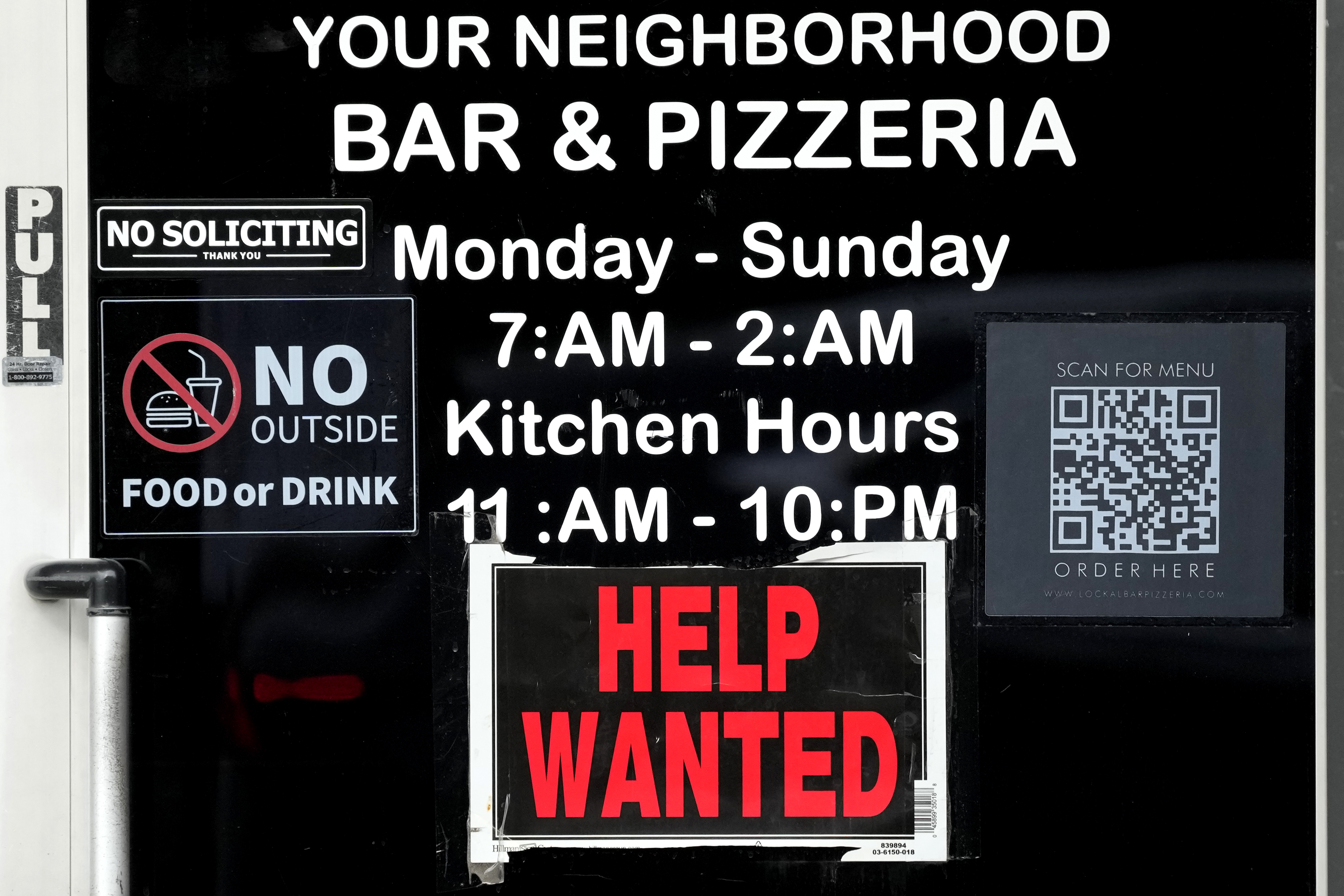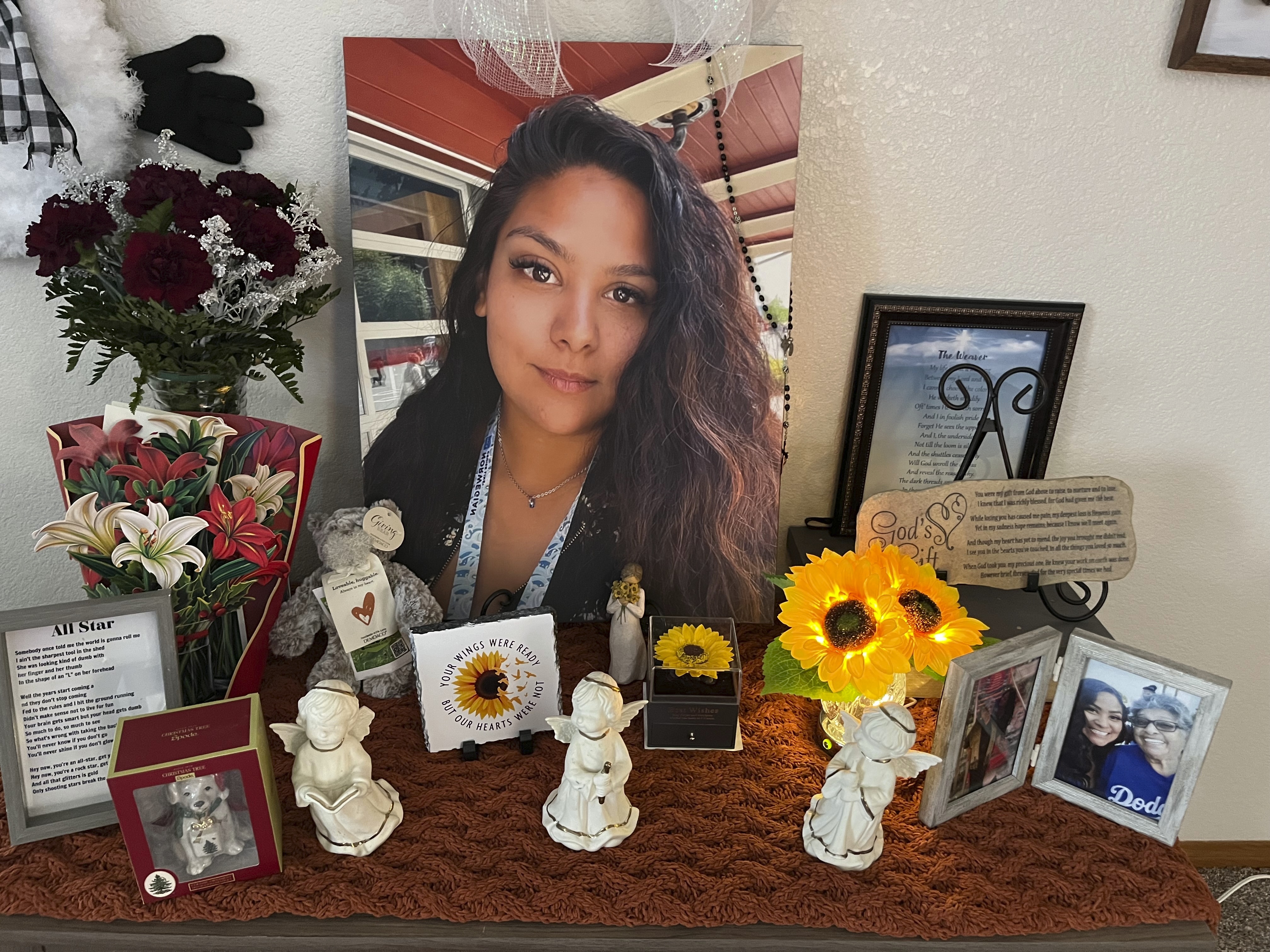RICHMOND, Va. (AP/WAVY/WRIC) — A Virginia judge has issued a temporary injunction blocking the enforcement of a law that banned electronic betting machines that had proliferated in gas stations, bars and other locations around the state.
The injunction in Greensville Circuit Court puts the so-called skill game ban on hold until a trial set for May. That’s according to Bill Stanley, a GOP state senator and attorney representing former NASCAR driver Hermie Sadler.
Sadler’s truck stop and gas station company brought the lawsuit. Several truck stops owned by Sadler operated skill games.
The suit was filed against Gov. Ralph Northam and Attorney General Mark Herring. Spokeswomen for the two officials declined comment.
The games operate much like a slot machine. But after the initial spin, players on skill machines can adjust the symbols to create a winning pattern to win additional money.
WAVY’s sister station WRIC reported Monday that Sadler’s attorneys argued that the ban should be placed on hold because the law establishing it (SB 971) is unconstitutional and that their petition is about free speech. On Monday, the judge gave the opinion that the law was too vague and violated First Amendment rights.
Business owners receive a cut of that money. Many have told 10 On Your Side that the games’ presence helps to keep customers at their business longer, spending money on other products.
“What has happened to us is wrong; not just me, but everybody,” Sadler said, according to WRIC. “We have every right to operate our business just like everybody else does, including the new ones that are trying to come into the commonwealth.”
The commonwealth’s attorneys argued that said the General Assembly put the law in place to help prevent people from throwing their life savings away on skill games. They said the issue wasn’t one about civil rights.
Pace-O-Matic which manufactures the “Virginia Queen” games, previously toured around the state, alleging that there has been a spike in illegal gaming since skill games — sometimes referred to as “gray machines” — were outlawed on July 1, 2021.
Pace-O-Matic released a statement in response to the injunction Monday night:
“This is a great day for Virginia small business owners who rely on skill games as a critical revenue source and provide entertainment to Virginia players. We want to express our gratitude to Hermie Sadler, and his legal team for fighting for Virginia small businesses against this unconstitutional ban legislation. We remain hopeful that skill games will achieve a solid footing and that skill games are permitted to continue operating in the commonwealth for a long time.”
In 2020 Gov. Ralph Northam signed a law allowing skill games in Virginia. Northam came up with a proposal to tax and regulate the devices for one year, to help struggling businesses and establish a COVID-19 fund. The move generated millions in revenue for the coronavirus response, but that law expired July 2021 — now skill games are banned.
“POM of VA believes there is a bright future for legal skill games in the Commonwealth of Virginia. The facts are clear, legal skill games generated over $130 million in tax revenue for the Commonwealth and localities in the one year they were regulated. In addition, legal skill games provided a lifeline for small businesses, bars, restaurants, and convenience stores by generating critical revenue during the pandemic. Many of those small businesses would have met their demise without this lifeline,” Pace-O-Matic said in its statement Monday.
Sadler’s case will return to court on May 18.
“Our battle has just begun,” Bill Stanley, representing Sadler, told WRIC. “We come back in May for a declaratory judgment to make this permanent. We also have a battle probably coming up in the Virginia legislature, which you all need to be mindful of and vigilant of because we want to make sure that there’s a permanent solution that helps small business, that saves small business, and allows these skill games in small businesses to compete with the big guys.”
A group of business owners also previously filed a lawsuit challenging the ban, calling it discriminatory and a violation of Virginia human rights law because many businesses operating skill games are owned by ethnic and religious minorities.
However, a judge denied their request for an injunction, saying the business owners did not prove that they would be “irreparably harmed,” nor that halting the ban would be in the best interest of the public.
Reached late Monday, Dee Oliver, husband of Boyd Melchor, who sued as owner of Kelly’s Tavern, said her husband planned to “plug the games back in tonight.”
Download the WAVY News App to keep up with the latest news, weather and sports from WAVY-TV 10. Available in both the Apple and Google Play stores.












